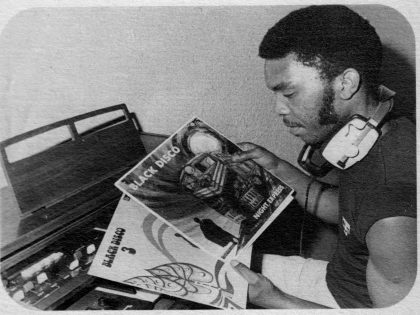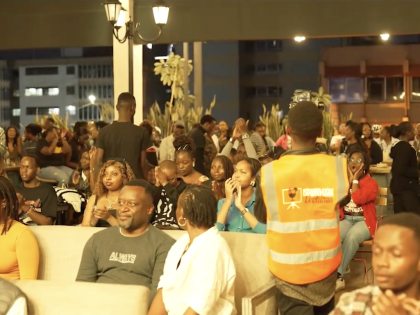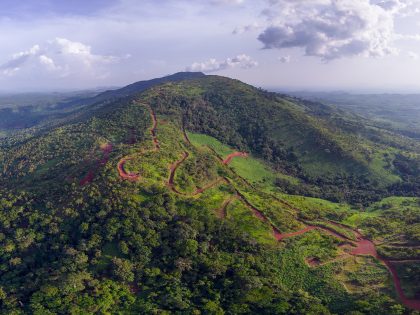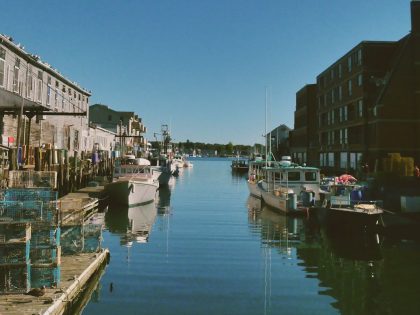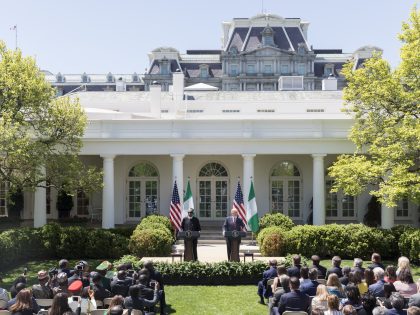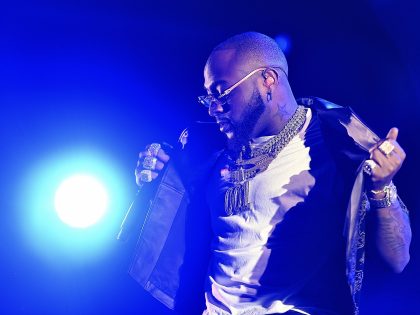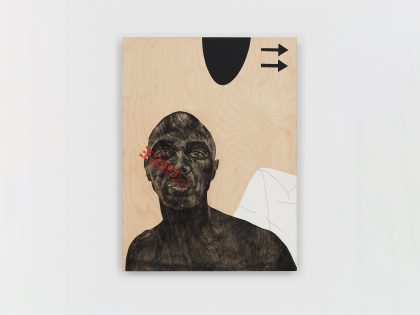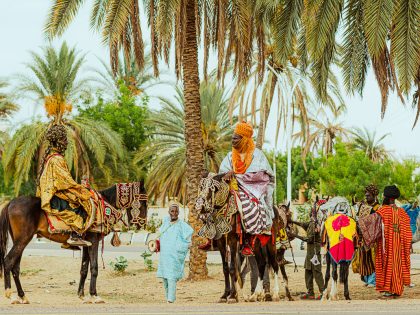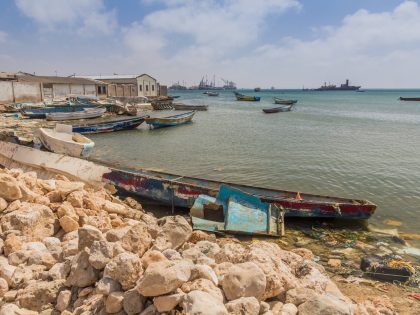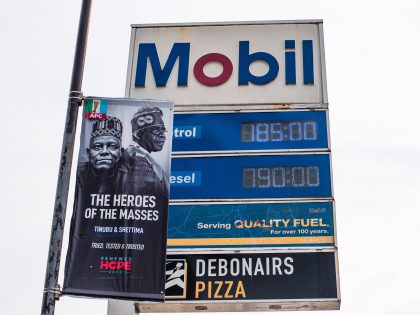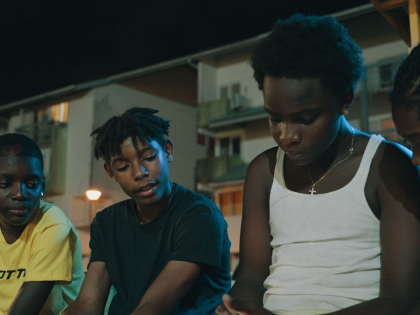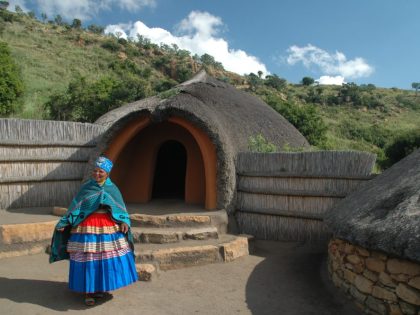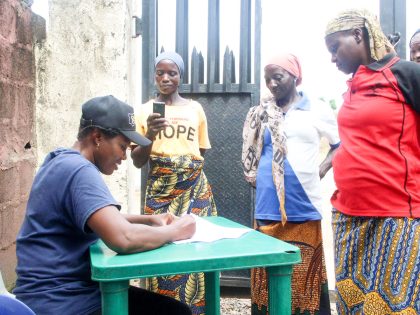The podcast for African Hip Hop
The Hip Hop African is a podcast series about African hip hop culture made by Howard University and George Washington University students.

Edem. Image via Hip Hop African.
Msia Kibona Clark is assistant professor of African Studies at Howard University. Her research focuses on in hip hop in Africa. Clark recently served as editor and contributor to Hip Hop and Social Change in Africa: Ni Wakati and has authored numerous articles on hip hop in Tanzania. At Howard, Clark teaches a course entitled “Hip Hop and Popular Culture in Africa,” in which students explore hip hop culture throughout Africa. For their research projects, students are charged with creating either an original art project or a podcast. Podcasts from past and current iterations of this course are now collected on the site, The Hip Hop African.
I reached out to Clark on Twitter to learn more about decision to integrate podcasting into her pedagogical style.
Where did you get the idea for HipHop African?
The idea for the website came from a need to have a platform for students doing research to post (archive) their findings. I listen to podcasts daily, and found that there were other faculty who had used them. They seemed to fit great with the theme of the course.
What are the pros/cons of using digital media as a pedagogical tool?
There are more pros than cons. Students get to engage with the music of artists they find and that inserts them into the online dialogues around those artists. That’s huge! The material we discuss in class suddenly has real world implications. Many of the students take their podcasts and blog posts very seriously, knowing that their professor isn’t the only person who will read it. The cons are getting students used to presenting their research in a different way. There are a lot of in-class demonstrations! But when they get the hang of it, it’s great!
What software do you use for the podcasts? Were your students already familiar with the technology or did you have to teach them those skills?
For the podcasts I record, I use the Yeti mic, and I record and edit on Adobe Audition. I use Audio Hijack to record Skype calls, and then import them into Audition. The students typically use their laptop microphones to record and Garage Band or Audacity to edit. I provide links to online tutorials, and we have applied for funding to purchase better recording equipment.
What are your favorite parts of the project?
The best part of the project is having a different method of assessment. Listening to their creativity is really exciting, and each semester I discover new artists through their projects.
In addition to finding new artists on the site (like Gigi Lamayne who I am currently obsessed with thanks to this project), these students’ podcast dig into important issues in African hip hop. A recurring theme in the episodes is feminism in African hip hop, with podcasts on women in African and American hip hop; female emcees in South Africa; and an episode on feminism in South Africa focused on Gigi Lamayne.
There are also a number of episodes comparing and contrasting American and African hip hop. You can check out the episode on black activism in the U.S. and South Africa, based on a panel on the same subject held at Howard in November 2016. Also, a comparison between American and South African hip hop, and an episode questioning the similarities of the two styles.
There are also some phenomenal episodes on hip hop culture in Senegal; hip hop and Pan-Africanism in Tanzania; and some really great episodes on hip hop scholarship.
You can follow Clark on Twitter @kibona for the latest on Hip Hop African. The podcasts are available on iTunes, as well as the website. If you have music that you would like to see featured on Hip Hop African, the site welcomes submissions of MP3s via email at [email protected]. More information available here.


